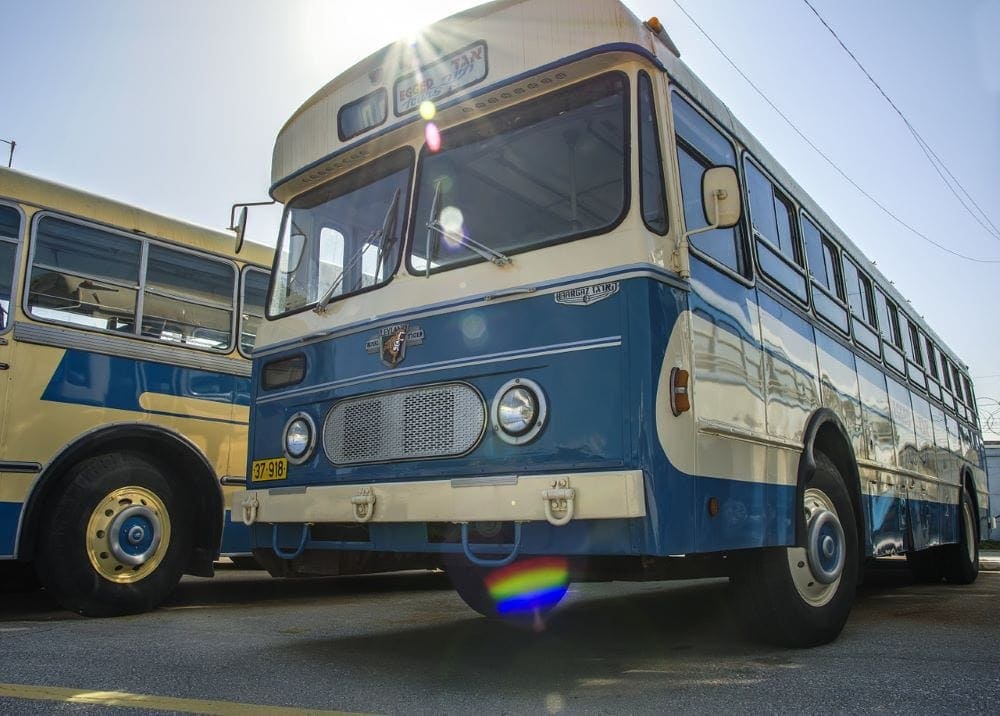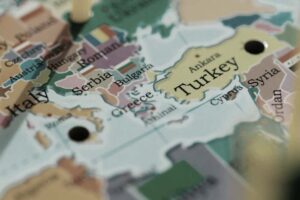
Religious battles in Tel Aviv are about to resume in full force, as the city prepares to offer public transportation on Shabbat. While most of the country grinds to a halt on weekends, Israel’s secular hub has decided to take matters into its own hands.
Public transportation in much of the country is currently prohibited by law on the Jewish day of rest. However, Tel Aviv is in early stages of looking into private alternatives, city officials confirmed recently. Shabbat rides will likely be free of charge, to circumvent the law.
The adjacent town of Ramat Gan briefly arranged for limited public transport on weekends this summer. City officials say the service was terminated because of a legal impediment.
As expected, Tel Aviv’s latest initiative is upsetting Israel’s influential religious minority. Interior Minister Aryeh Deri says that he intends to use legislation to stymie the city’s plans. “We are a Jewish state, and we must observe the Shabbat,” he told Army Radio on Thursday.
Moreover, as efforts to form a new government continue, Israel’s ultra-Orthodox parties are demanding a ban on weekend transportation as a condition for joining any coalition.
Tel Aviv Mayor Ron Huldai was quick to respond Thursday, writing on Twitter that the battle was “heating up.” Huldai urged Blue and White to advance the issue as it works to secure a coalition. On Wednesday, President Reuven Rivlin tasked the party with forming a government after Prime Minister Benjamin Netanyahu failed to deliver.
Religious Battles Likely to Escalate
The place of religion in public life figured prominently in the recent elections, following several high-profile controversies.
In one case, religious officials vetoed major road works on Shabbat, thus angering commuters stuck in traffic jams on weekdays. Ultra-Orthodox parties also worked to pass a law that prevents municipalities from opening supermarkets on the weekend. However, Tel Aviv and other secular-majority localities managed to circumvent the new law.

Veteran politician Avigdor Lieberman capitalized on the anger of many Israelis in branding himself as the champion of secular Israel. By thwarting the establishment of a right-wing government dominated by religious factions, he nearly doubled his strength in the September elections.
Domestic friction over religion will likely become a more pressing issue as the ultra-Orthodox population, and corresponding political clout, continue to grow. The Shabbat bus controversy is yet another battleground in the escalating struggle over the Jewish State’s identity and character.


